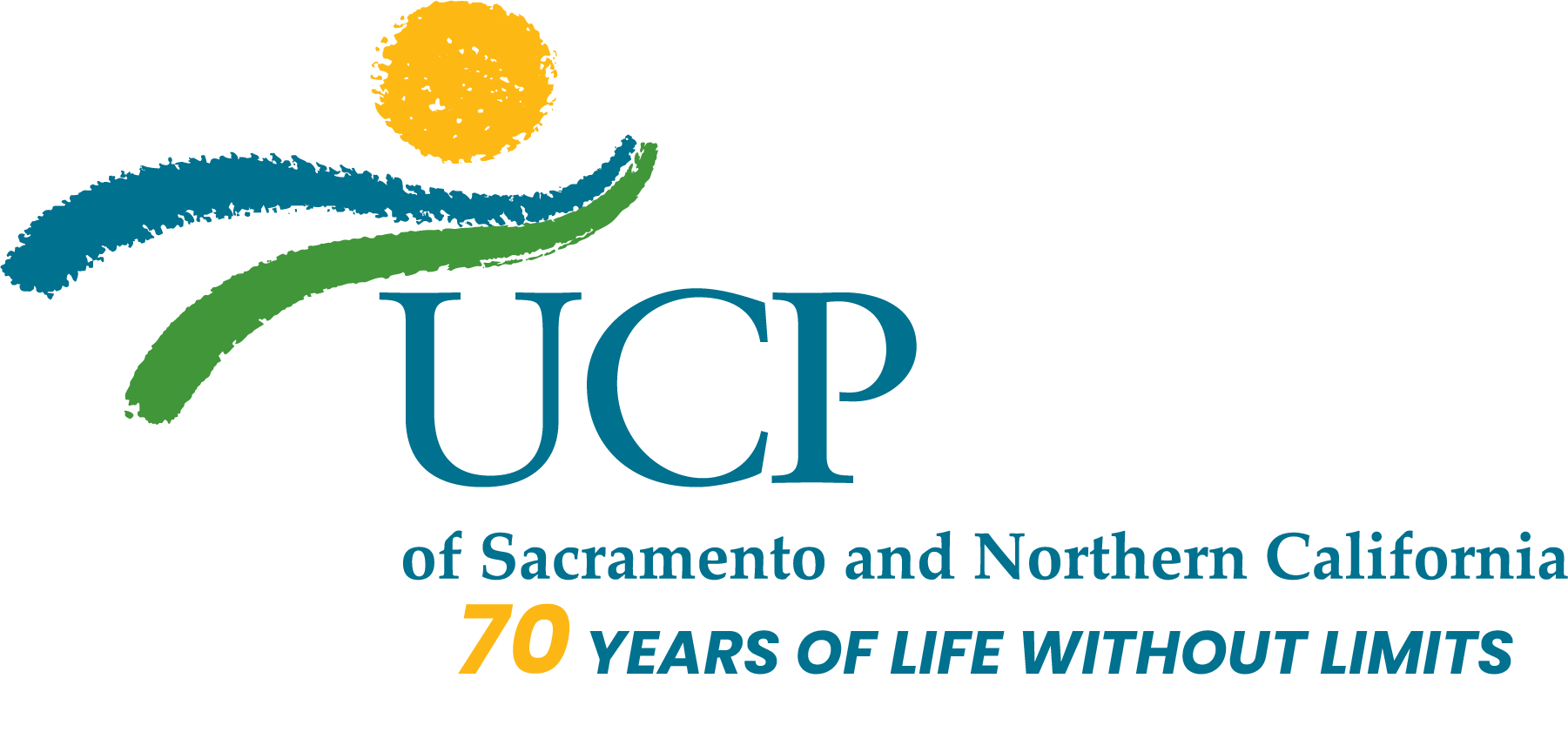Understanding where to turn for services, tools, information, and resources is a key factor in staying positive, healthy, and reducing stress. Whether you’re a parent looking for support in the form of networking with others or you seek a source for respite care, UCP has the connections and caregiving resources to help you care for an individual with developmental disabilities.
It is estimated 65 million family caregivers across the country provide caregiving services to a loved one. It’s not an easy job and research shows caregiving exacts a heavy emotional, physical, and financial toll on everyone involved. That’s why it’s important to find caregiving resources that can help parents and families caring for an individual with developmental disabilities.
The links below have been compiled to help families and caregivers find resources to help support caregiving efforts.
An early intervention resource for families of young children, ages 0-5 with developmental delays or disabilities, and professionals looking for a single, trusted source of information. The website also includes a National Resource Locator where you can find local service providers, community organizations and government agencies. Users can also connect with other parents and families in the My Child Without Limits Support Community, an online forum where you can give and get support and information through the critical period of initial diagnosis and beyond. To order a free MyChildWithoutLimits Welcome Parent Pack, click here.
A national network of state based programs aimed at achieving family-centered care for children and young adults with disabilities and health care needs. Provides families with the tools to make informed decisions, advocate for improved public and private policies, build partnerships among professionals and families, and serve as a trusted resource on health care.
A national network that provides emotional and informational support to families of children with disabilities.
Complete list of Parent Training and Information Centers and Community Parent Resource Centers by State. Parent Centers serve families of children ages birth to 26 with all disabilities and provide a variety of services including one-to-one support and assistance, workshops, publications, and websites. The majority of Parent Center staff members and board members are parents of children with disabilities so they are able to bring personal experience, expertise, and empathy when working with families.
NFCA educates and advocates for those who care for someone with a chronic illness, disability, or advanced age.
A national non-profit agency for caregivers that offers free studies and brochures on caregiving and hosts a searchable database of articles.
The Sibling Support Project is a national effort dedicated to the life-long concerns of brothers and sisters (siblings) of people with special health needs.
The Exceptional Family Member Program supports military families who have members with special needs. These include spouses, children, or dependent parents who require special medical or educational services. The Military Family Support Parent Toolkit has comprehensive information and tools geared towards helping military families with special needs children. It’s designed to navigate the maze of medical and special education services, community support and benefits and entitlements available.
Prospective college students with disabilities now have countless resources available to make their transition to post-secondary education less stressful. Find specific information and resources on a variety of different disabilities, learn how to make the transition into the workforce easier, and discover out what your legal rights on campus are.
The Caregiver Relief Fund provides resources such as vouchers for at-home respite care.
The official U.S. Government site for Medicare caregiver information, including help with billing and resource locators.
Provides emotional peer-to-peer support to the wives, husbands, and partners of the chronically ill and/or disabled.
The National Council for Aging Care aids caregivers of veterans.
